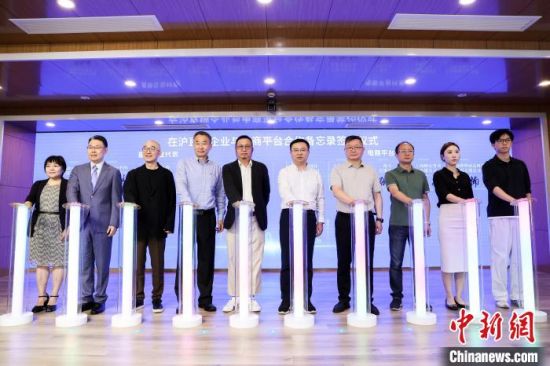The fourth meeting of the Internet Law Enforcement Collaborative Governance Mechanism, themed “Building Connectivity Together, Compliance for Long-term Success: Dual Drivers for Ecological Development of Direct Selling Enterprises and E-commerce Platforms,” was held at the Shanghai Municipal Market Supervision Administration Law Enforcement Corps. During the meeting, representatives from five direct selling enterprises and five internet platform companies in Shanghai jointly signed a “Memorandum of Cooperation,” aiming to explore deeper business collaboration for mutual benefit.
The “Memorandum of Cooperation” primarily covers three aspects: safeguarding authentic products in Shanghai, protecting consumer rights, and opposing “low-price internal competition” in the direct selling sector.
In recent years, counterfeit direct selling products under the guise of e-commerce and malicious defamation of direct selling brands—referred to as “black production in direct selling”—have not only disrupted industry operations and damaged brand reputations but also violated consumer rights. Addressing these issues by encouraging e-commerce platforms to recognize the harm of such practices presents a new challenge for both industries.
Through the existing framework of the Internet Law Enforcement Collaborative Governance Mechanism by the Shanghai Municipal Market Supervision Administration, direct selling enterprises and e-commerce platforms have strengthened dialogue, resolving communication barriers and alleviating compliance concerns. Under regulatory guidance, 277 illegal e-commerce stores involved in “black production” have been shut down, with 4,970 product listings removed, reinforcing platform compliance and protecting legitimate direct selling businesses.
Relevant officials stated that this memorandum marks the beginning of collaboration between the direct selling industry and e-commerce platforms. With regulatory support, Shanghai is leading nationwide efforts to foster a standardized and dynamic e-commerce ecosystem. Currently, six direct selling enterprises in Shanghai operate 18 official e-commerce accounts, further enhancing brand development.
Moving forward, direct selling enterprises and e-commerce platforms will deepen information-sharing mechanisms, appoint dedicated liaisons, and establish regular communication channels. Additionally, direct selling companies will expand partnerships with platforms, leveraging their reach and technology to revitalize business operations.




